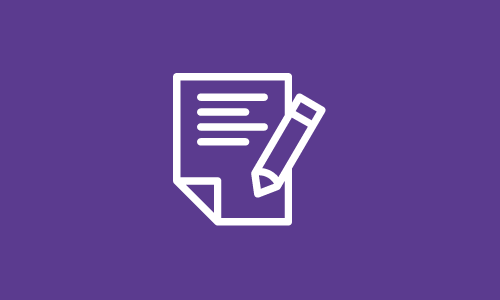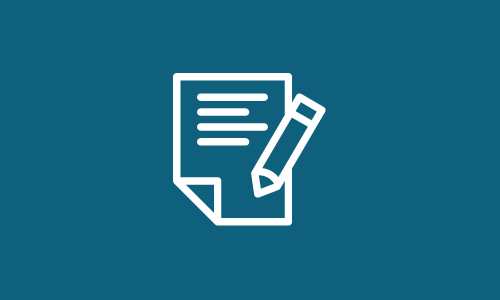Working paper


In this study, multivariate models that jointly estimate growth in achievement and self-efficacy during middle school are used to see how underlying developmental processes relate for ELLs.
By: James Soland
Topics: Equity, English Language Learners, Social-emotional learning


Do students’ social-emotional learning (SEL) skills in middle school predict being off-track to graduate high school?
By: James Soland, Megan Kuhfeld
Topics: Growth modeling, Social-emotional learning


This paper contributes novel causal evidence for the impacts of kindergarten entry age on academic growth in the first three years of school.
By: Angela Johnson, Megan Kuhfeld
Topics: Growth modeling, Early learning


Through a series of simulation and empirical studies, we produce scores in a single-cohort repeated measure design using sum scores as well as multiple IRT approaches and compare the recovery of growth estimates from longitudinal growth models using each set of scores.
By: Megan Kuhfeld, James Soland
Topics: Growth modeling, Social-emotional learning


In this study, we conducted empirical and simulation analyses in which we scored surveys using item response theory (IRT) models that do and do not account for response styles, and then used those different scores in growth models and compared results.
By: James Soland, Megan Kuhfeld
Topics: Measurement & scaling, Growth modeling, Social-emotional learning


The learning curve: Revisiting the assumption of linear growth across the school year
Important educational policy decisions, like whether to shorten or extend the school year, often assume that growth in achievement is linear through the school year. This research examines this untested assumption using data from seven million students in kindergarten through 8th grade across the fall, winter, and spring of the 2016-17 school year.
By: Megan Kuhfeld, James Soland
Topics: Measurement & scaling, Growth modeling, Seasonal learning patterns & summer loss


Projecting the potential impacts of COVID-19 school closures on academic achievement
While COVID-19 learning interruptions are unprecedented in modern times, existing research on the impacts of missing school (due to absenteeism, regular summer breaks, and school closures) on learning can inform projections of potential learning loss due to the pandemic. In this study, we produce a series of projections of COVID-19-related learning loss and its potential effect on test scores in the 2020-21 school year based on estimates from prior literature and analyses of typical summer learning patterns of five million students.
By: Megan Kuhfeld, James Soland, Beth Tarasawa, Angela Johnson, Erik Ruzek, Jing Liu
Topics: Equity, COVID-19 & schools, Seasonal learning patterns & summer loss


